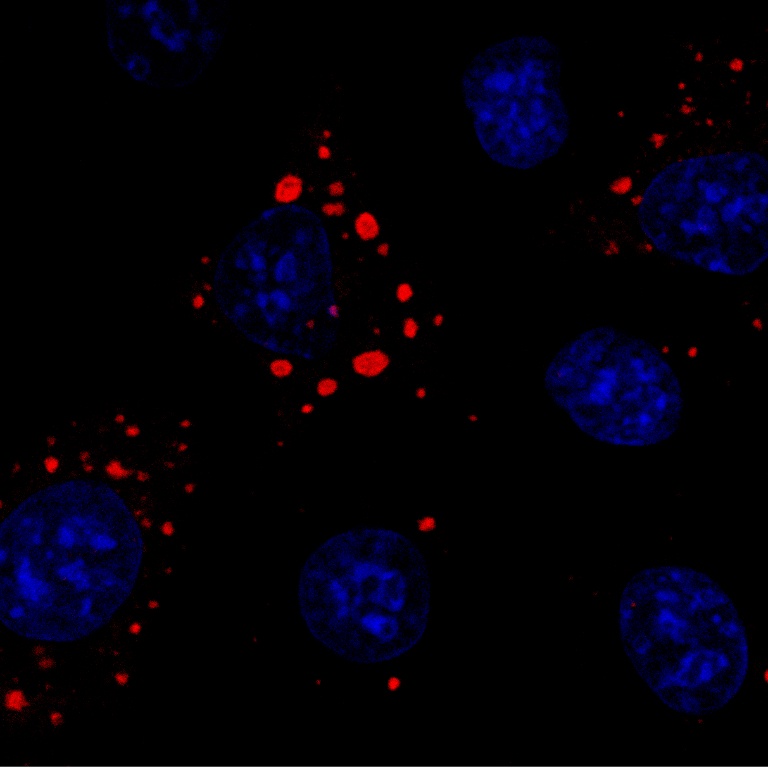Professor Pranav Danthi’s laboratory in the Department of Biology at Indiana University Bloomington has been making significant strides in understanding how viruses enter cells and deliver genomic material to launch infections. Over the past 10 years, their research has been supported by funding from the National Institutes of Health. With a renewed $1.9 million award, the Danthi Laboratory will now expand its work to explore how viruses evade cellular mechanisms of detection.
The ongoing battle between viruses and the host immune system is ancient, with the outcome determining whether a virus will cause disease. In vertebrates, the first line of defense is cellular sensors that detect viruses within minutes of reaching the cell. This detection is based on unique features within the viral genomic material, distinct from the nucleic acids present in the cell. Once foreign genomic material is recognized, cells signal events that block the virus's ability to multiply, limiting the damage caused by infections.
Despite this rapid cellular response, viruses can successfully establish infections. One key strategy viruses use is protecting and hiding their genomes, similar to a Trojan horse. This means the virus particles entering the cell must not break apart. Using mammalian reovirus as a model system, the Danthi Laboratory aims to determine how viral particles are built to remain intact and hide the genome. They will also explore whether the virus' entry route into the cell helps it evade cellular genome detection. Each virus particle has only one genome to hide from cellular sensors, but once inside the cell, the genome is copied hundreds to thousands of times, making it even more challenging to hide the new genomes.
The Danthi Laboratory will investigate how the excessive accumulation of progeny genomes is controlled. Identifying key aspects of how viral genomes are detected has broad implications for understanding viral biology and potentially finding ways to stop viruses.
Most people are exposed to mammalian reovirus in childhood, but this infection is typically associated with human disease, making it an ideal system to study viral biology. Discoveries made using reovirus are applicable to various pathogenic viruses and have highlighted previously unknown cellular processes. The Danthi Laboratory expects to add to the legacy of reovirus as a valuable model for understanding viral and cellular biology.

 The College of Arts
The College of Arts